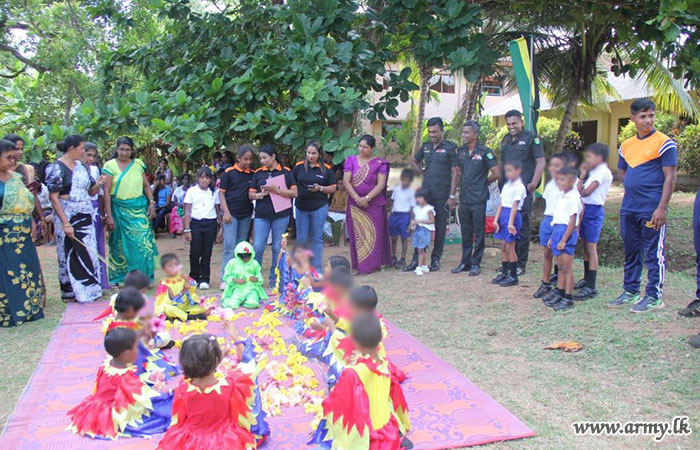Sri Lanka issues gazette to postpone council elections
The Sri Lankan government has issued a gazette on the 20th Amendment to the island’s Constitution that will see all provincial council elections held on the same day.
As a result of the gazette elections in the Eastern, North Central and Sabaragamuwa provincial councils which were due to be held in September and October have now been postponed.
Election monitors have criticised the move and questioned the government's agenda in postponing the elections.


